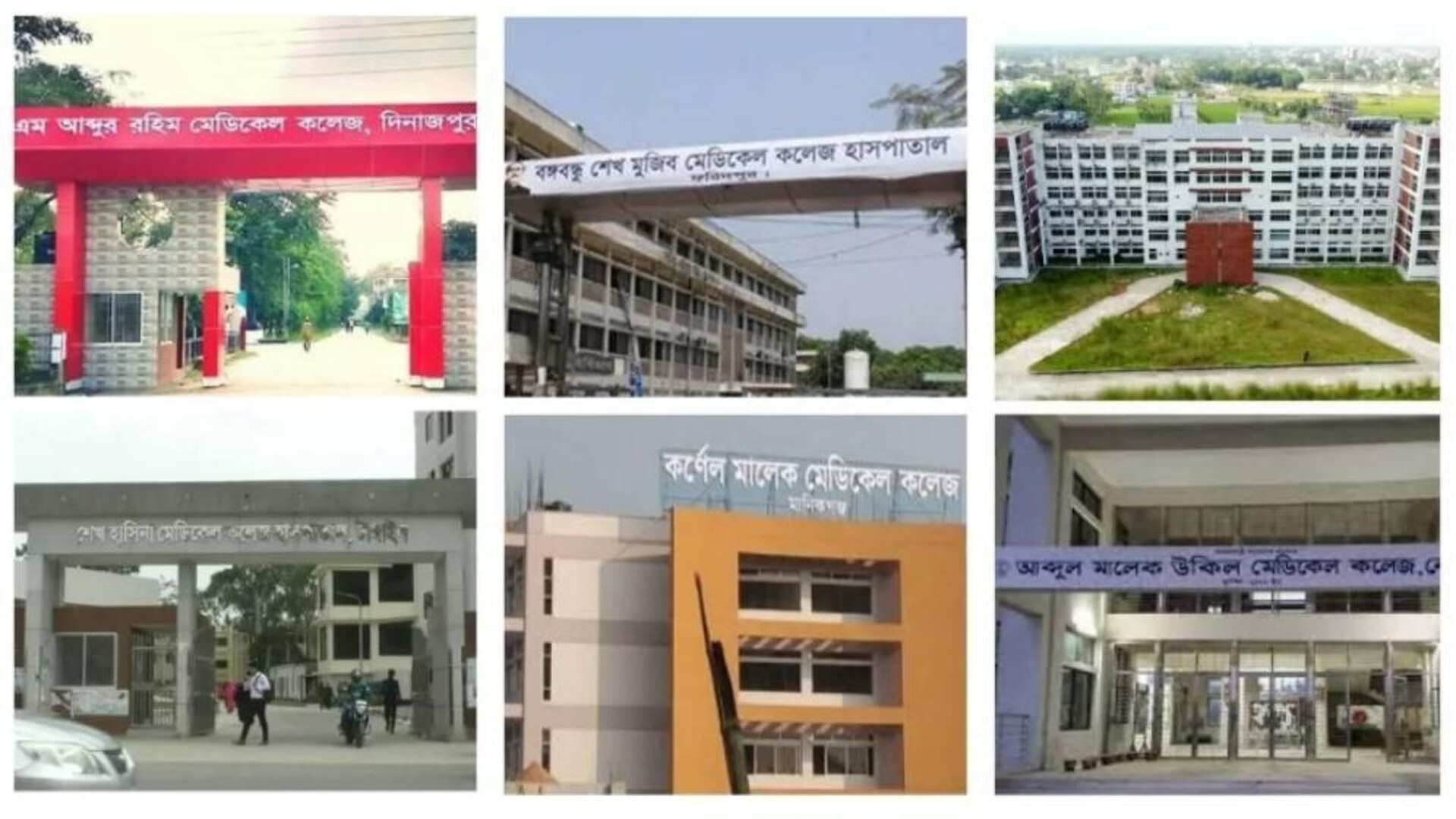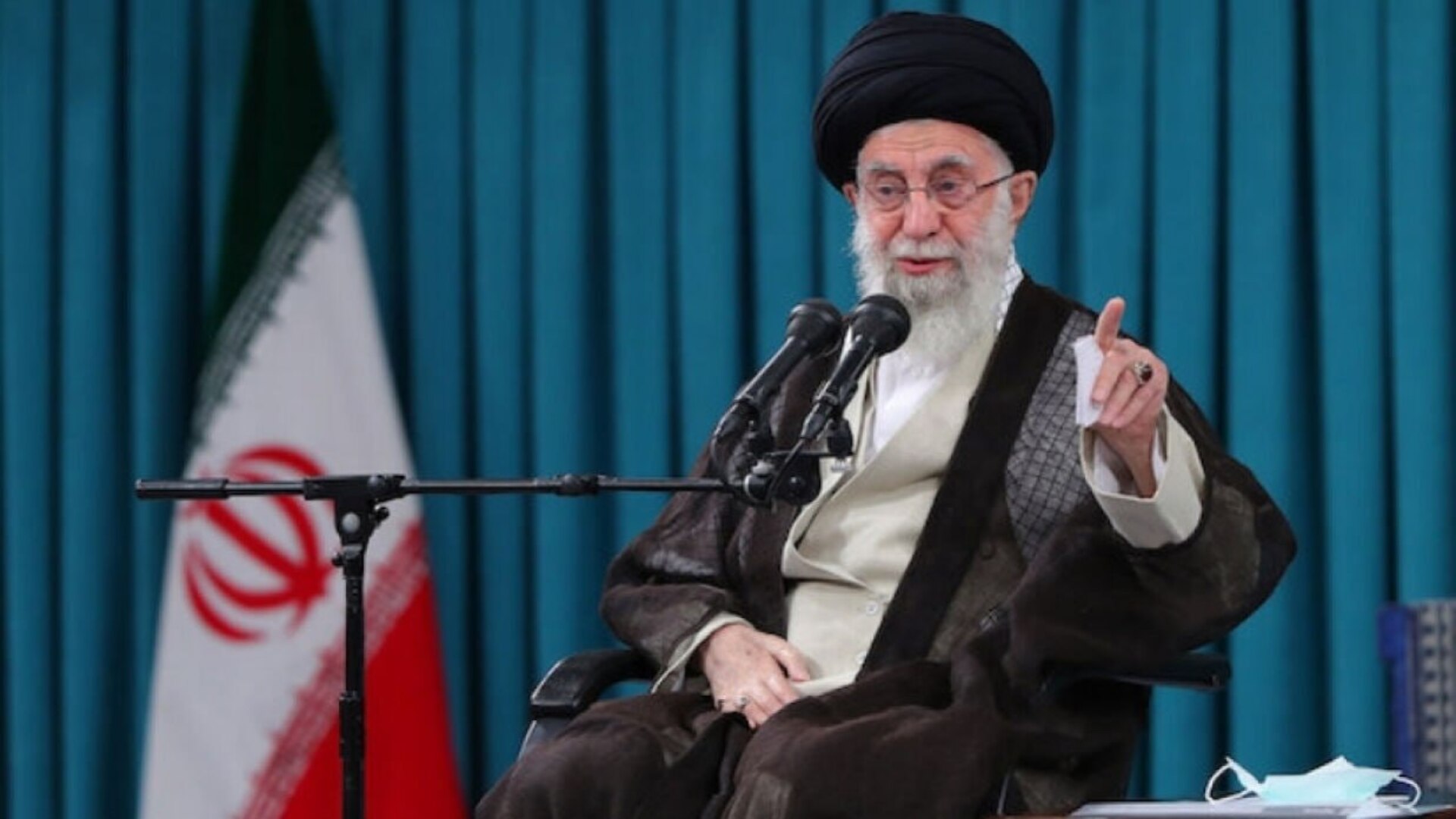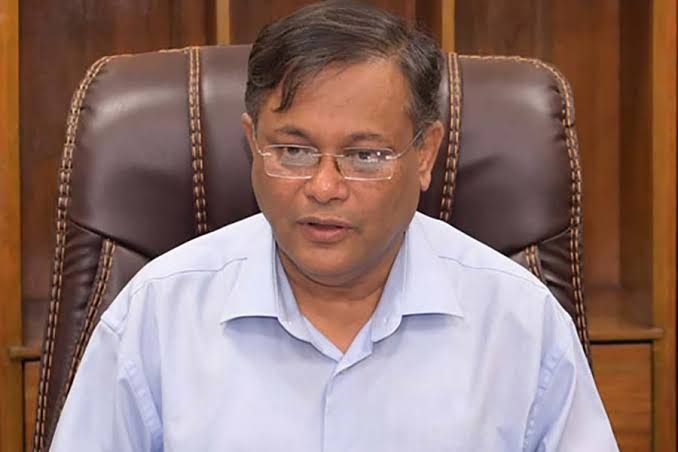Women’s empowerment has been a cornerstone of Bangladesh’s social and economic development, with rural women playing a pivotal role in driving this transformation. In the past few decades, the country has made remarkable progress in enhancing the economic independence of women, particularly in rural areas, where traditional gender roles once restricted their participation in financial and social activities. Today, rural women are emerging as key contributors to the economy, and this shift is largely fueled by the rise of microfinance, small-scale entrepreneurship, and targeted government initiatives designed to empower them. Microfinance institutions, such as Grameen Bank and BRAC, have been instrumental in providing rural women with access to credit, enabling them to start small businesses, invest in agriculture, and gain financial autonomy. The establishment of self-help groups (SHGs) has also played a critical role, creating a supportive network for women to pool resources, share knowledge, and collectively work toward financial stability. Moreover, government programs aimed at promoting women’s education, healthcare, and skills development have further strengthened their economic roles, allowing them to break free from the cycle of poverty and dependence. As rural women increasingly gain financial autonomy, their social standing is improving, leading to greater decision-making power within households and communities, and contributing significantly to the broader economy. This report delves deeply into the various aspects of women’s empowerment in rural Bangladesh, exploring their journey toward financial independence, the far-reaching impact of microfinance, the crucial role of self-help groups, the government’s efforts to support their growth, and the future challenges and opportunities that lie ahead in sustaining this positive trajectory.
The Status of Women in Bangladesh
Traditionally, women in Bangladesh, particularly in rural areas, were confined to domestic roles with very limited participation in economic activities. This limitation stemmed from a deeply entrenched patriarchal social structure that placed significant restrictions on their mobility, decision-making power, and overall involvement in the public sphere. For generations, rural women were seen as dependent on their male counterparts for financial and social support, often being relegated to household chores, child-rearing, and subsistence agriculture. Economic opportunities for them were scarce, and their potential contributions to the larger economy were largely overlooked. However, since Bangladesh’s independence in 1971, there has been a gradual but significant shift toward gender equality, particularly in the economic arena. This change has been driven by a combination of government policies, the rise of microfinance institutions, education initiatives, and the increased participation of women in both formal and informal economic sectors. Over time, rural women have transitioned from being passive recipients of financial support to active contributors to their households and communities, gaining economic independence and greater agency in their personal and financial lives. This shift represents not only a transformation in gender roles but also a broader redefinition of rural economies, where women’s empowerment is now seen as a key driver of social and economic progress.
Microfinance and Small Loans: A Path to Economic Freedom
One of the most significant factors contributing to rural women’s financial independence has been the introduction of microfinance and small loans. Spearheaded by Nobel Laureate Dr. Muhammad Yunus and the Grameen Bank in 1976, microfinance became a revolutionary model that allowed rural women to access small loans without collateral. These loans enabled them to start small businesses, such as livestock farming, tailoring, and handicrafts.
The success of this model has been immense. It has not only helped women earn an income but also enhanced their role within their families and communities. Women who were once dependent on their husbands now contribute significantly to their household income, leading to a shift in family dynamics and decision-making power. Research has shown that women who participate in microfinance programs are more likely to invest in education, healthcare, and overall family well-being.
Self-Help Groups and Female Entrepreneurship
Alongside microfinance, self-help groups (SHGs) have played a vital role in fostering female entrepreneurship in rural Bangladesh. These groups, often supported by non-governmental organizations (NGOs) and government programs, bring women together to pool resources, share knowledge, and start small businesses.
SHGs have helped women engage in activities like tailoring, food processing, and crafts, which contribute not only to their economic independence but also to the local economy. These businesses may be small in scale, but they represent a significant shift in the economic landscape of rural Bangladesh. Through collective efforts, these women gain skills in financial management, negotiation, and leadership, further empowering them both economically and socially.
The Role of Education in Empowering Women
Education has been another critical factor in empowering rural women in Bangladesh, serving as a fundamental driver of both social and economic transformation. Over the years, the government has made significant strides in improving access to education for girls in rural areas, recognizing the direct correlation between education and empowerment. Key initiatives, such as the provision of stipends for female students, free textbooks, and other financial incentives, have been implemented to encourage higher enrollment and reduce dropout rates among girls. These efforts have had a profound impact, as educated women are far more likely to seek employment opportunities or venture into small-scale entrepreneurship, thereby further enhancing their economic independence. The benefits of education for rural women extend well beyond economic gains. Education has expanded the horizons of these women, enabling them to take on more active roles in both community and political life. As literacy rates among rural women continue to rise, they are increasingly challenging the traditional gender norms that have historically kept them confined to domestic roles and out of positions of power and influence. Educated women are now becoming advocates for their rights, participating in local governance, and making informed decisions that affect not only their families but also their communities. In doing so, they are slowly dismantling long-standing patriarchal structures and paving the way for future generations of women to have greater agency and a stronger voice in societal matters. This shift is not only contributing to economic growth but also fostering a more inclusive and equitable society where women’s contributions are recognized and valued across all sectors.
Women’s Role in Agriculture and Economic Independence
Agriculture remains the backbone of Bangladesh’s economy, and rural women play a vital role in this sector, contributing significantly to the nation’s agricultural output. Women in rural areas are actively involved in various stages of agricultural production, including crop cultivation, livestock rearing, fisheries, and post-harvest activities such as processing and storage. Their contributions are essential to the food security and economic well-being of their communities. However, despite the critical nature of their work, rural women have often been marginalized, either underpaid or unpaid for their labor, and their contributions have frequently gone unrecognized in both economic statistics and societal perceptions. This inequality has persisted for generations, with women’s work in agriculture traditionally viewed as an extension of domestic duties rather than formal employment.
In recent years, however, the rise of microfinance and entrepreneurial opportunities has begun to shift this dynamic, empowering rural women to move beyond subsistence farming into more commercial agricultural ventures. With access to small loans and credit through microfinance institutions, many rural women have started their own businesses, diversifying into areas such as dairy farming, poultry, vegetable production, and other rural enterprises. This shift from subsistence to income-generating activities has enabled them to sell their agricultural products in local and regional markets, allowing them to earn their own income and achieve greater financial independence. As a result, rural women are now becoming key players in the rural economy, contributing not only to household income but also to the broader economic development of their communities. This newfound autonomy has provided them with the financial leverage to make decisions, invest in their futures, and gain more control over their lives, helping them break free from the traditional patriarchal constraints that have long limited their opportunities. Through entrepreneurship and increased economic participation, rural women in Bangladesh are carving out a new path for themselves, transforming their roles in both the agricultural sector and society at large.
The government of Bangladesh has launched numerous initiatives aimed at empowering rural women. Programs like the National Social Security Strategy (NSSS) and various women’s empowerment projects have been designed to enhance the economic capabilities of rural women. These initiatives offer financial support, training, and access to markets for rural women entrepreneurs.
International organizations, including the United Nations Development Programme (UNDP) and the World Bank, have also supported these efforts by providing financial aid and expertise to local women-led initiatives. These collaborative efforts have accelerated the pace of rural women’s empowerment in Bangladesh, creating a more inclusive and equitable economic environment.
Challenges and Future Prospects
Despite these significant advancements, rural women in Bangladesh still face numerous challenges. Social and cultural norms continue to limit their full participation in economic activities. Many women, especially in conservative rural areas, remain bound by traditional roles that prioritize domestic work over paid labor.
Additionally, access to larger financial institutions remains a challenge for many rural women. While microfinance has been revolutionary, many women still find it difficult to access sufficient capital to expand their businesses. There is also the issue of sustainability, as not all businesses started through microfinance succeed in the long term.
However, the future of rural women’s empowerment in Bangladesh looks promising. With continued government support, increased access to education, and the growing involvement of women in all sectors of the economy, rural women are likely to become even more influential in shaping the country’s economic and social landscape.
The empowerment of rural women in Bangladesh is a transformative force that has reshaped the economic and social fabric of the country. Through microfinance, self-help groups, education, and government initiatives, rural women have gained unprecedented financial independence, challenging traditional gender roles and contributing significantly to their communities and the national economy. While challenges remain, the future is bright for rural women in Bangladesh as they continue to strive for economic independence and social empowerment. Their progress stands as a testament to the potential of women’s empowerment in driving sustainable development and economic growth in the country.

 A.B.M. Abir
A.B.M. Abir 


















